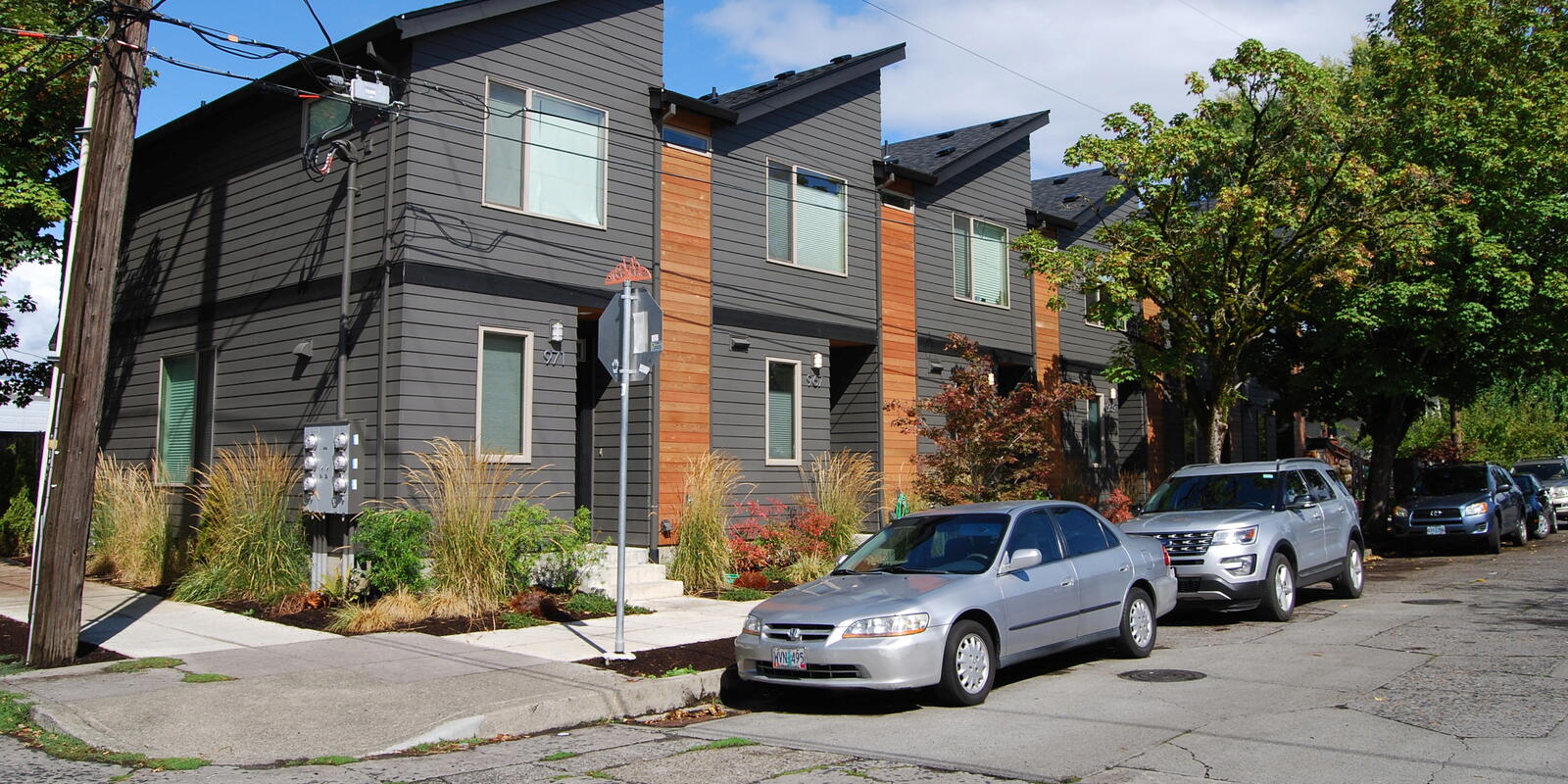In my previous article, I highlighted how Los Angeles’ restrictive zoning laws, burdensome permitting, high construction costs, and punitive taxation have created a near-impossible environment for developers to build housing.
These systemic issues are fueling our housing affordability crisis, pushing working families out of the region and stifling innovation.
Meanwhile, just a 2.5-hour plane ride north, Portland, Oregon, has quietly been rewriting the playbook.
In 2020, Portland enacted its Residential Infill Project (RIP), which effectively ended single-family zoning in favor of what’s now known as “middle housing” — duplexes, triplexes, fourplexes, and cottage clusters. The goal: expand housing supply, diversity, and affordability in a city that, like LA, was struggling with cost and access.
The early results are eye-opening:
-
More Homes: Over 1,400 middle housing units have been built in just a few years.
-
Lower Costs: These homes are, on average, $300,000 less than traditional single-family new builds.
-
More Access: Buyers like Josie Cantu, featured in NBC Nightly News, were able to stay in their neighborhood and buy their first home.
This wasn’t a magic bullet. Portland still faces infrastructure challenges — their water, sewer, and transit systems need upgrading to support increased density. But critically, the city acknowledged the problem and acted.
Contrast that with Los Angeles, where change is slow, risk is high, and the permitting process can feel like a gantlet. We cling to a zoning map designed in the 20th century and wonder why 21st-century housing solutions aren’t breaking through.
Governor Tina Kotek of Oregon is now pushing to expand Portland’s model statewide. She’s not eliminating single-family housing, just adding flexibility: giving developers, retirees, and first-time buyers more options. The market will sort the rest.
It’s a philosophy LA desperately needs to embrace.
Imagine what we could do if we welcomed middle housing in our transit corridors, near job centers, and in historically exclusive neighborhoods. Imagine LA leading the charge instead of lagging behind.
Housing is a human need, not a luxury. It’s time for Los Angeles to stop over-regulating it like a privilege and start building like it’s a priority.
Let Portland be the wake-up call. The longer we wait, the more we lose.
Developers, investors, policymakers, and community advocates — I invite you to join the conversation. What would it take for Los Angeles to embrace smart, middle housing reforms?

